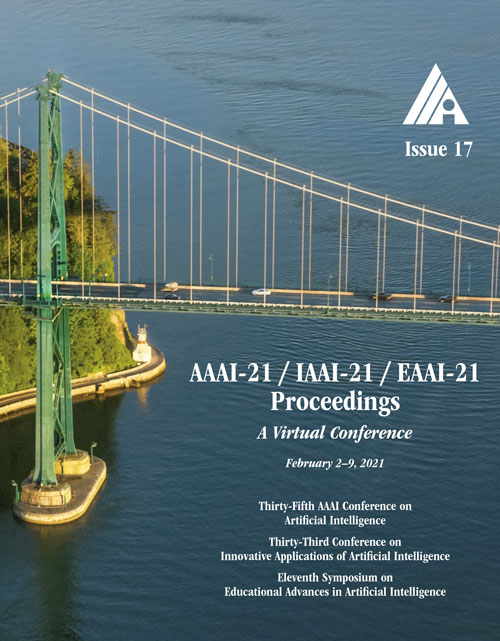Path to Automating Ocean Health Monitoring
DOI:
https://doi.org/10.1609/aaai.v35i17.17788Keywords:
Applied Ai, Transfer Learning, Convolutional Neural Network, Multi-label Classification, Image Classification, Species Monitoring, CoralAbstract
Marine ecosystems directly and indirectly impact human health, providing benefits such as essential food sources, coastal protection and biomedical compounds. Monitoring changes in marine species is important because impacts such as overfishing, ocean acidification and hypoxic zones can negatively affect both human and ocean health. The US west coast supports a diverse assemblage of deep-sea corals that provide habitats for fish and numerous other invertebrates. Currently, National Oceanic Atmospheric Administration (NOAA) scientists manually track the health of coral species using extractive methods. In this paper, we test the viability of using a machine learning algorithm Convolutional Neural Network (CNN) to automatically classify coral species, using field-collected coral images in collaboration with NOAA. We fine tune the hyperparameters of our model to surpass the human F-score. We also highlight a scalable opportunity to monitor ocean health automatically while preserving corals.Downloads
Published
2021-05-18
How to Cite
Ahmad, M., Penberthy, J. S., & Powell, A. (2021). Path to Automating Ocean Health Monitoring. Proceedings of the AAAI Conference on Artificial Intelligence, 35(17), 15240-15246. https://doi.org/10.1609/aaai.v35i17.17788
Issue
Section
IAAI Technical Track on Emerging Applications of AI

